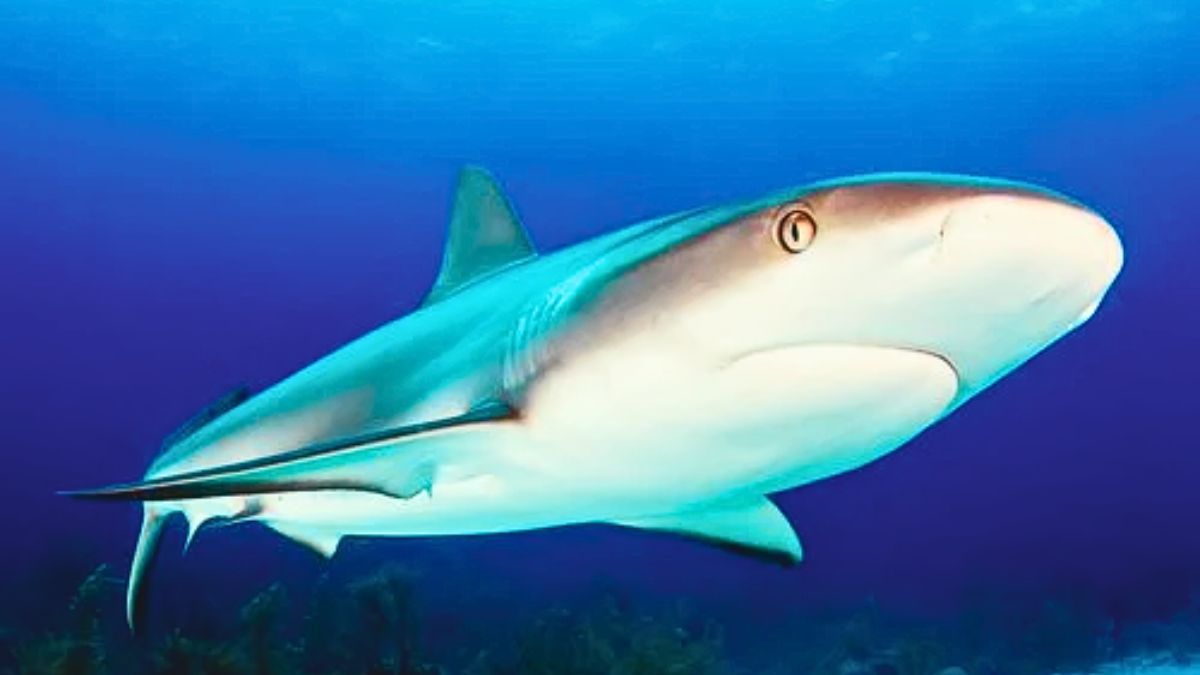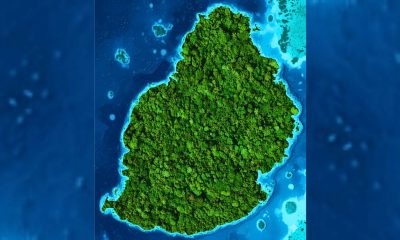News
1 Rare Shark Species Found in Chagos Protected Marine Zone

Researchers have made a groundbreaking discovery in the Chagos Archipelago, identifying the sliteye shark (Loxodon macrorhinus) for the first time in the region’s waters. The finding, described as “incredibly exciting,” highlights the critical ecological significance of the area, which is already a hub for military and diplomatic tensions. The sliteye shark is classified as “near-threatened” and is recognisable by its distinctive slit-shaped eyes, which are adapted for low-light conditions.
Submarine Cameras Reveal New Species
The discovery was made by a team of researchers from Swansea University using submerged cameras in the deep seagrass beds of the Great Chagos Bank, the world’s largest coral atoll.
The shark was spotted at depths ranging from 23 to 29 metres. The study, led by Charlotte Oulton, a researcher at Swansea University, underscores how little is known about these deep-sea ecosystems and their role in supporting global biodiversity.
Protected Marine Areas Crucial for Survival
Funded by the Bertarelli Foundation, the research demonstrates the effectiveness of large-scale marine protected areas (MPAs), such as the 640,000 sq km Chagos sanctuary.
According to researchers, these vast zones are vital for protecting migratory species like turtles, manta rays, and seabirds, and offer a “model” for achieving the international target of protecting 30% of the world’s oceans by 2030.
The findings have renewed importance given the expected changes in the sovereignty status of the archipelago, serving as a reminder that the preservation of the Chagos isn’t just about military and diplomatic concerns, but also about the survival of unique and endangered marine species.
Source: l’Express











